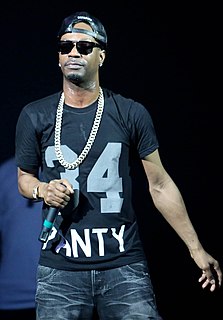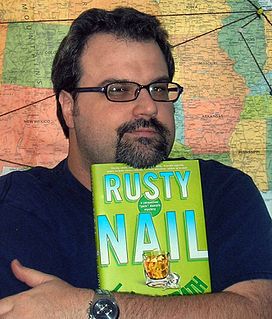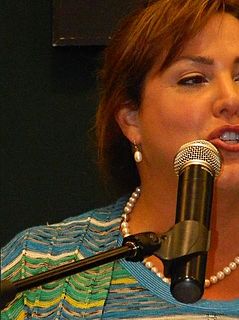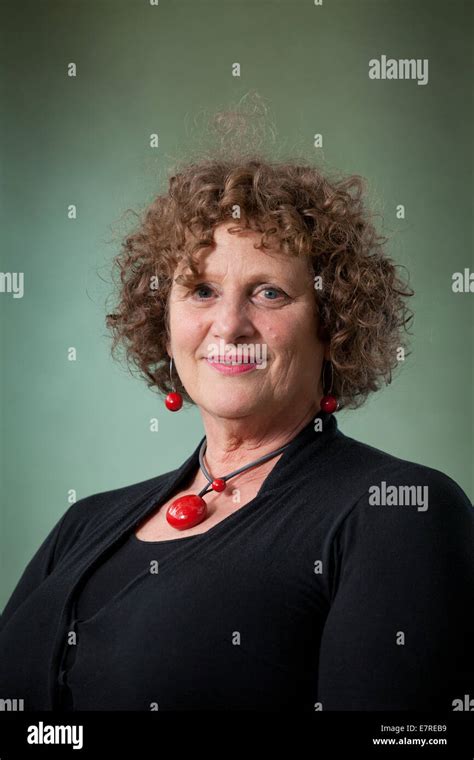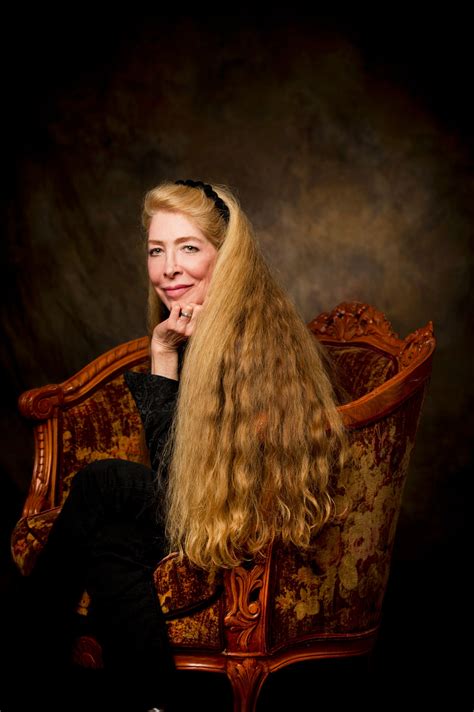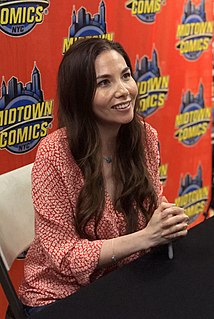A Quote by Deborah Smith
I was in the second year of my PhD when I first had the idea - I'd recently started working as a translator, which meant firstly that I was hearing about amazing-sounding books from other translators, and also that I was getting enough of an insider's view of the publishing industry to be aware of all the implicit biases that made it so difficult for these books to ever get published, especially if they weren't from European languages (harder to discover, editors can't read the original, lack of funding programmes, authors who don't speak English).
Quote Topics
About
Also
Amazing
Authors
Aware
Biases
Books
Difficult
Discover
Editors
English
Enough
European
Ever
First
Funding
Get
Getting
Had
Harder
Hearing
Idea
Implicit
Industry
Insider
Lack
Languages
Made
Made It
Meant
Original
Other
PhD
Programmes
Published
Publishing
Publishing Industry
Read
Recently
Second
Speak
Speak English
Started
Translator
Translators
View
Which
Working
Year
Related Quotes
There was - there still is - a big shortage of good Chinese-English literary translators. So for two years in London, I was stuck waiting, not writing, with several Chinese books I couldn't get translated. That's when I decided to write in English, since I had been living here and had decided to reconstruct my life here. Even if I wrote in broken English, it was better than getting bored and weary and bitter on the long queue of authors waiting to be translated by a stranger.
By the time I got to school, I had already read a couple hundred books. I knew in the first grade that they were lying to me because I had already been exposed to other points of view. School is basically about one point of view -- the one the teacher has or the textbooks have. They don't like the idea of having different points of view, so it was a battle. Of course I would pipe up with my five-year-old voice.
Despite wanting to work in publishing, I was a publisher's worst nightmare: I rarely bought new books. So my goal was to publish the kind of books I would buy, and read. My reading habits have changed since starting the press. The only other "goal", per say, is to continue to experiment. I don't want the press to ever fall into a formula, or to be pigeonholed - "They do great reissues of modernist poets!" - I want to keep pushing, exploring the kind of title we can get away with. And working with authors who challenge the way I think about writing, editing and reading.
The current publishing scene is extremely good for the big, popular books. They sell them brilliantly, market them and all that. It is not good for the little books. And really valuable books have been allowed to go out of print. In the old days, the publishers knew that these difficult books, the books that appeal only to a minority, were very productive in the long run. Because they're probably the books that will be read in the next generation.
I started out writing romance novels, and that's a side of publishing that's very female oriented. 99.9% of the writers are women, most of the editors are women, and these are books written for the female gaze. And so my point of view - the way I looked at fandom and publishing and writing - was all about women. So for me that's what was natural, that's what was comfortable. And then I moved over to comics. And all of a sudden it was... Pardon the expression, it was a sausage fest.
When you talk to people about the books that have meant a lot to them, it's usually books they read when they were younger because the books have this wonder in everyday things that isn't bogged down by excessively grown-up concerns or the need to be subtle or coy... when you read these books as an adult, it tends to bring back the sense of newness and discovery that I tend not to get from adult fiction.

